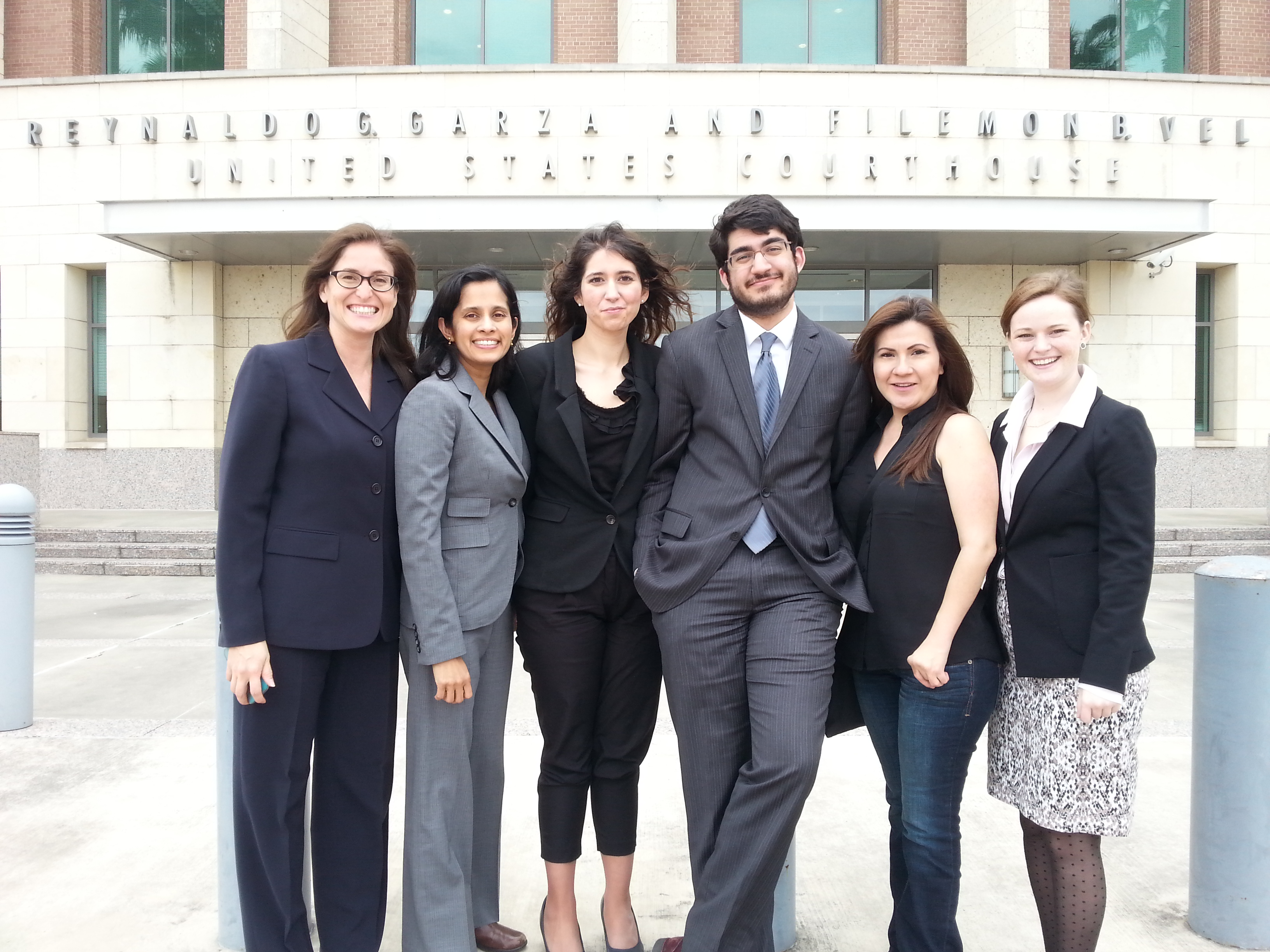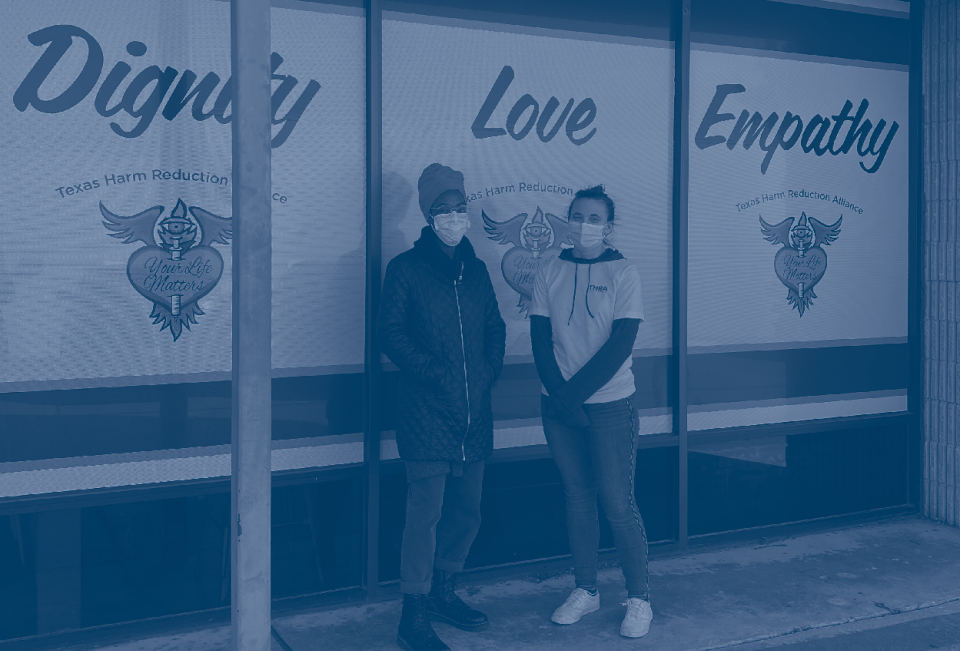Students in the Civil Rights Clinic represent low-income clients in a range of civil rights matters relating to abusive law enforcement practices, prisoners’ rights, discrimination in housing, employment or public accommodations, and freedoms of speech, religion, and association.
Highlights
“My experience with The Civil Rights Clinic was pivotal to my legal journey. By the end of the semester, I knew that I wanted to pursue a career in civil rights litigation. In addition to the practical experience, I also learned substantive material on the various areas of civil rights law. Professor Davis’ expertise on the subject matter and her teaching style made for an exceptional experience in the classroom. I highly recommend this clinic to any student interested in civil rights law.”
Kirsten L. Budwine, 2023




